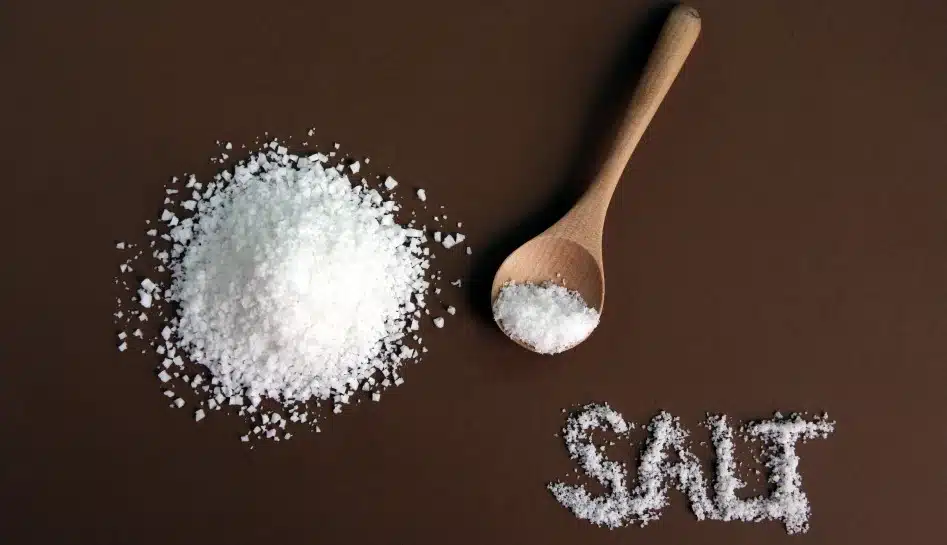WHO says the world is off track to reduce sodium consumption by 30 percent by 2025
The largest number of diet-related deaths, an estimated 1.89 million each year, is associated with excessive intake of sodium, a well-established cause of raised blood pressure and increased risk of cardiovascular disease, says a first-of-its-kind World Health Organization (WHO) Global report on sodium intake reduction.
The report released on Thursday shows that the world is off-track to achieve its global target of reducing sodium intake by 30 percent by 2025.
The report says implementing highly cost-effective sodium reduction policies could save an estimated 7 million lives globally by 2030, describing it an important component of action to achieve the Sustainable Development Goal target of reducing deaths from noncommunicable diseases.
The report adds only nine countries – Brazil, Chile, Czech Republic, Lithuania, Malaysia, Mexico, Saudi Arabia, Spain and Uruguay – have a comprehensive package of recommended policies to reduce sodium intake.
“The evidence is clear: the more sodium we consume the more our blood pressure rises, and blood pressure is reduced when dietary sodium intake is reduced. Reducing sodium intake is one of the most cost-effective ways to improve health, as it can avert millions of deaths every year at very low total programme costs,” says Director, Department of Nutrition for Health and Development, WHO, Dr Francesco Branca.
“We can reduce sodium intake by deciding to add less salt to the food we prepare and by deciding to buy foods that contain less sodium. People’s behaviour change is important, and mass media campaigns to alter consumer behaviour around sodium are needed,” he added.
Sodium, an essential nutrient, increases the risk of heart disease, stroke and premature death when eaten in excess. The main source of sodium is table salt (sodium chloride), but it is also contained in other condiments such as sodium glutamate. The report reveals that only 3 percent of the world’s population is protected by mandatory sodium reduction policies and 73 percent of WHO Member States lack full range of implementation of such policies.
“This report shows that most countries are yet to adopt any mandatory sodium reduction policies, leaving their people at risk of heart attack, stroke, and other health problems,” says Dr Tedros Adhanom Ghebreyesus, WHO Director-General. “WHO calls on all countries to implement the ‘Best Buys’ for sodium reduction, and on manufacturers to implement the WHO benchmarks for sodium content in food.”
Also Read : Artificial sweetener linked to heart attack, stroke risk


















Add Comment